From celebrities such as Kylie Jenner wearing cultural hairstyles such as Fulani braids to the stereotypes like ‘hot Cheeto girls’ on TikTok, the appropriation of black culture only increases as the days pass. The most common excuses used include “my black friend does not have an issue with it,” “I am a person of color too” or “I don’t mean it in a racist way.”
Avoiding appropriation does not mean people cannot participate in other cultures or do anything that resembles a different culture, it just requires a more respectful approach.
For example, baby hairs, normally unique to black women with textured hair, became a trend over the years. These ‘baby hairs’ that white women and other non-black women supposedly styled simply sat on the edges of their forehead with no representation. Baby hairs previously attributed cool to afros, braids and even wigs and weaves, signified the jewels on the crown that is thick, kinky hair. People of other races adopting this practice as their own takes away from the message it passes along.
The issue of cultural appropriation stems from when cultural components such as hair, clothing and food underwent mockery, liberation and even physical assault from oppressors during times of segregation. Today, these same people attempt to disguise appropriation as appreciation. However, these two things barely share any similarities. When one appreciates a culture, they want to learn and understand it to enhance their perspective, but appropriation means taking an aspect of another culture for selfish, personal interest.
Common things like spray tans, makeup, clothing and even speech fit the category of erroneous appropriation. Ignorance usually clouds unintended appropriation. Nowadays, spray tans and makeup shades look darker than normal which brings up the issue of blackface. To wear traditionally common clothes such as dashikis also causes controversy because of the hate Africans and African Americans received in the past.
Cultural appropriation ignores the depth of history behind underrated cultures. It remains one of the most defended acts of racism. People do not seem to grasp that a culture that survived oppression does not want the same oppressors to later “honor” the culture. It reflects a double standard. The world’s history continues to reverberate today, and no one will forget anytime soon. They should not.



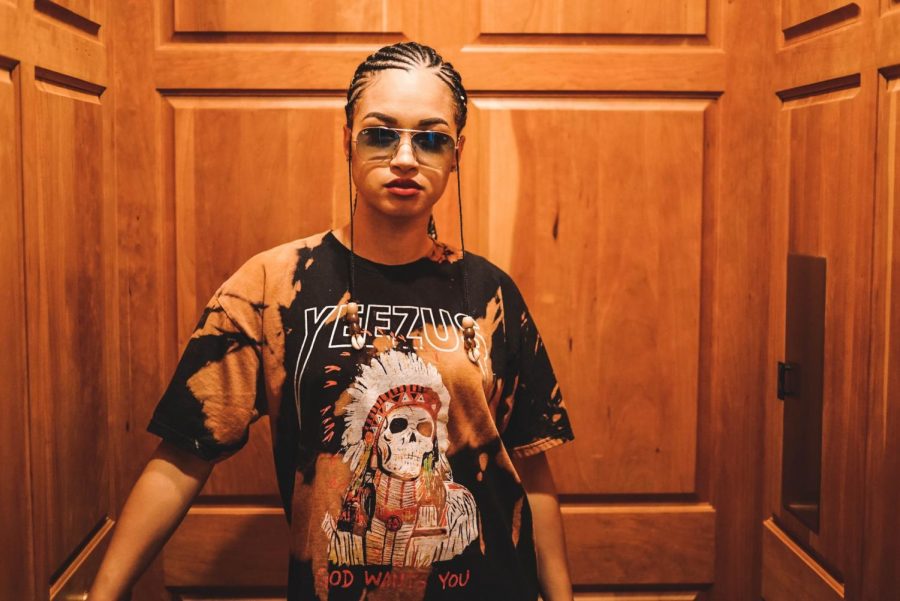
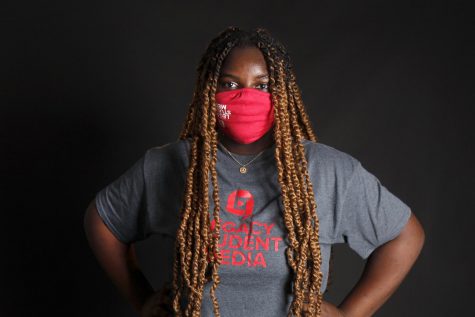
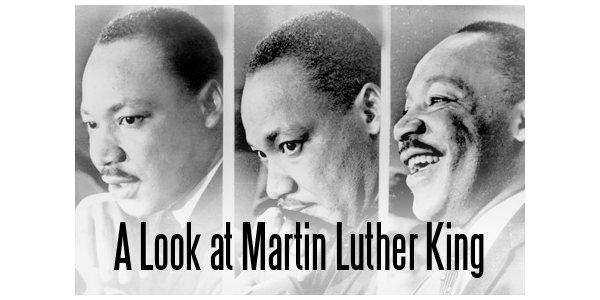
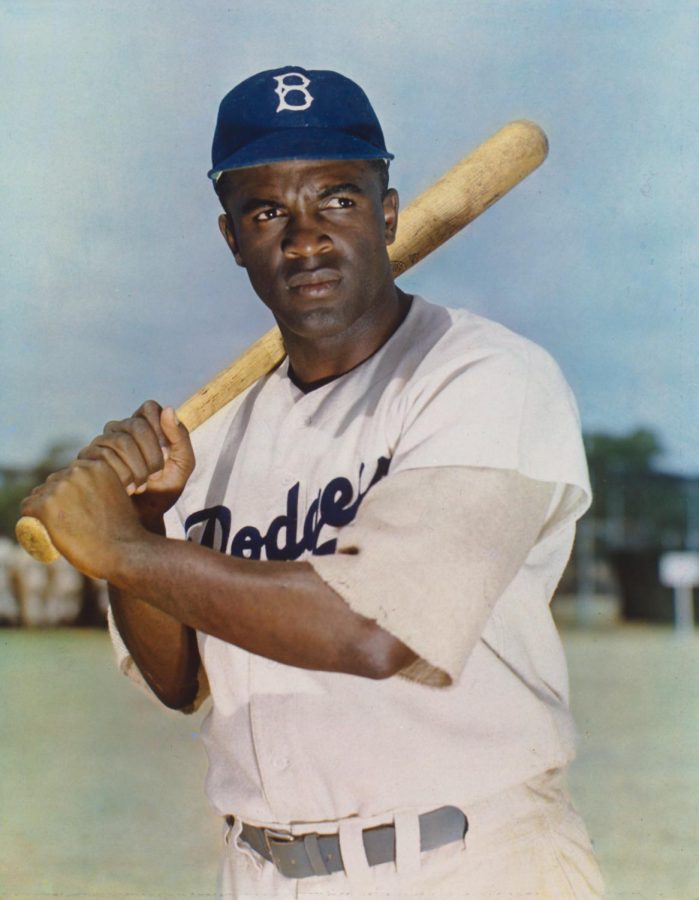


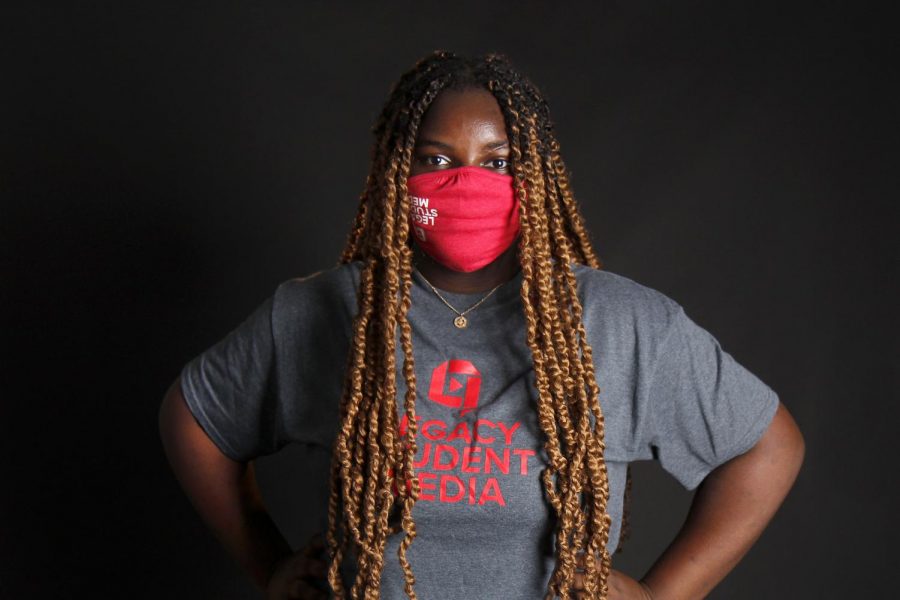
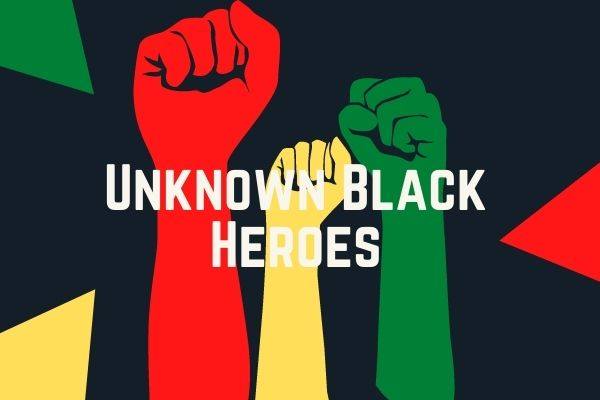


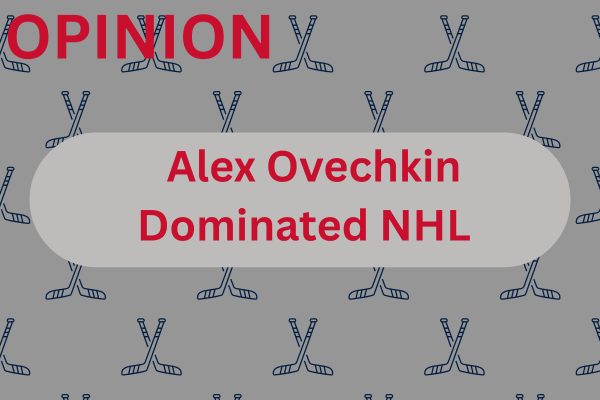
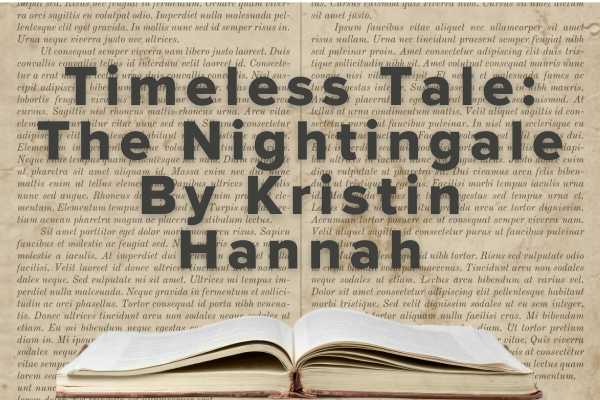


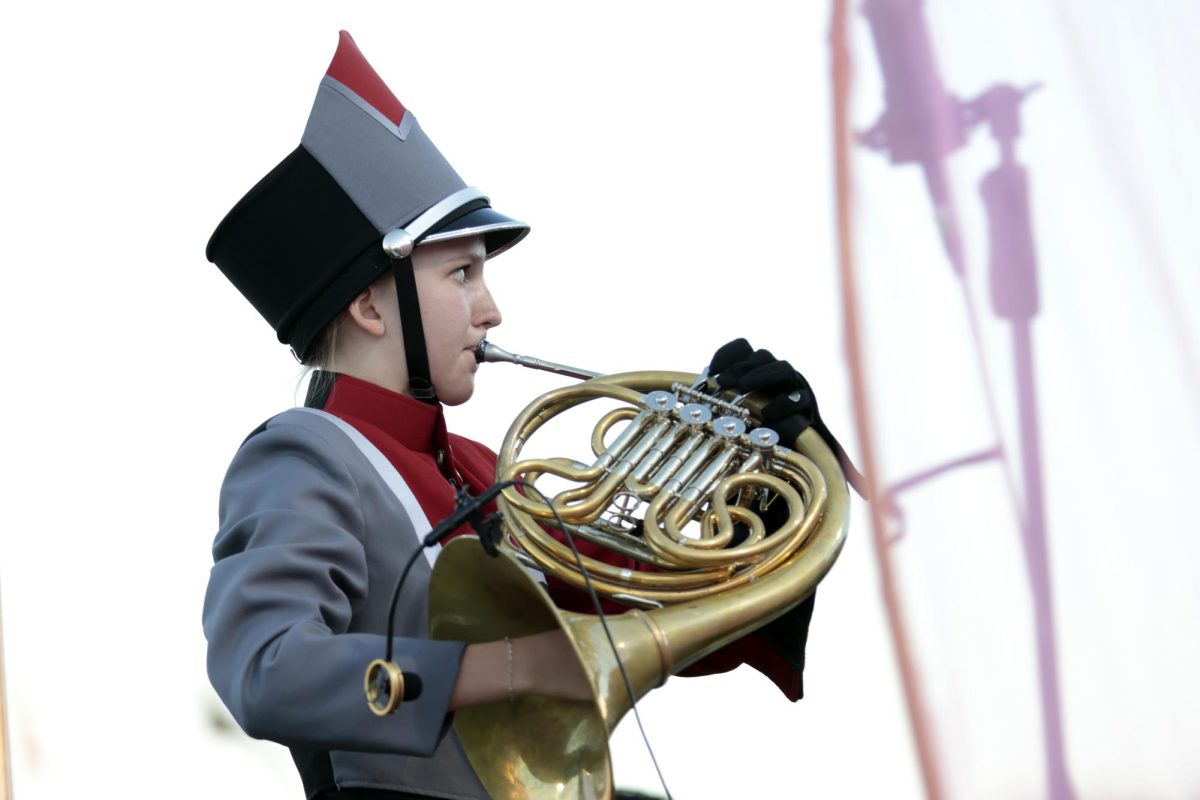





Monica C • May 21, 2021 at 12:57 pm
I enjoyed how you spoke honestly about appropriation, and gave a difference between appropriation and appreciation. You made the two very clear, and you also gave a great usage of examples in your story. You did a great job showing your side of the story, and backing up your opinion.